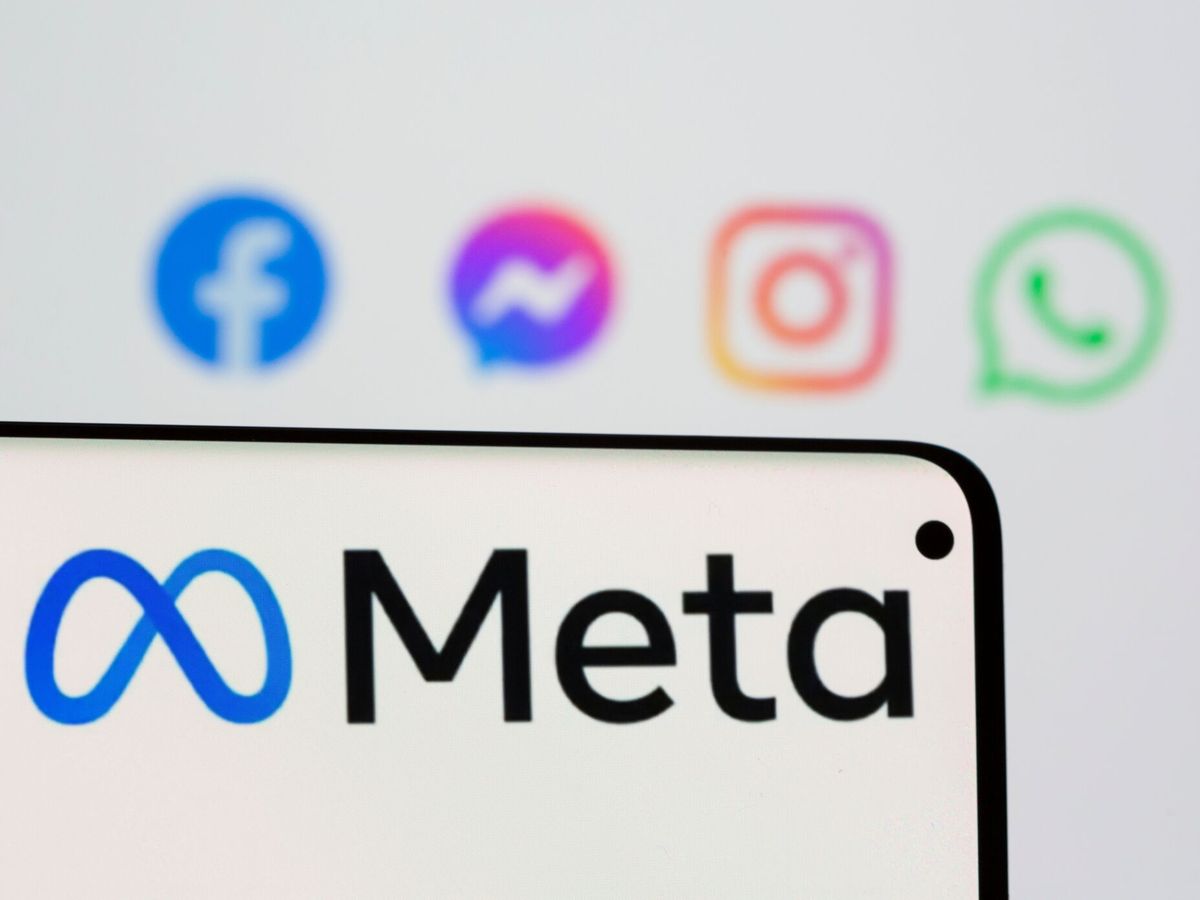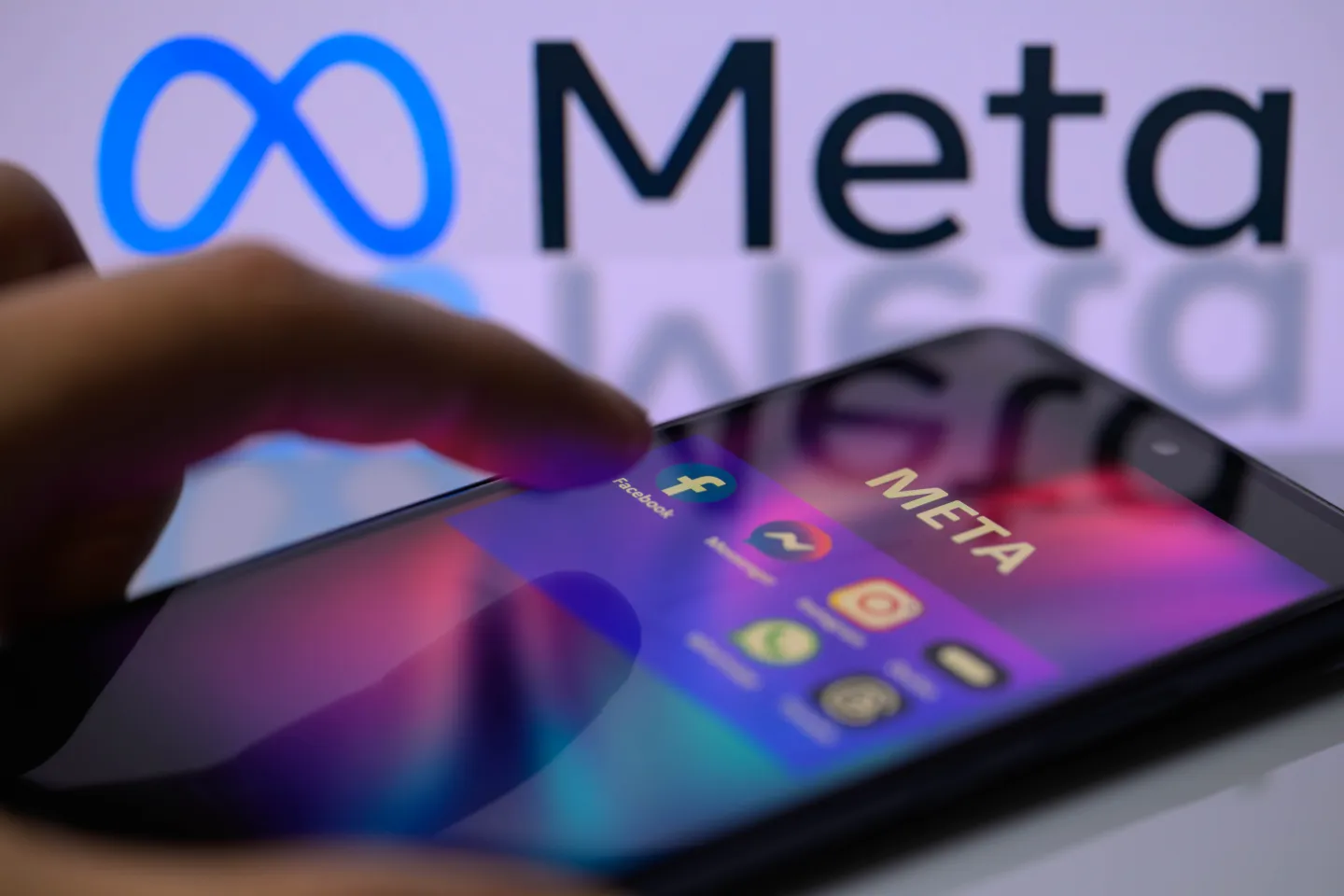In a striking turn of events, the U.S. Federal Trade Commission (FTC) has leveled serious accusations against Meta Platforms Inc., the conglomerate behind global social networking behemoths. According to a recent court filing, the FTC alleges that Meta withheld crucial information during the federal scrutiny of its major acquisitions — Instagram in 2012 and WhatsApp in 2014. This legal scuffle underscores a growing concern over the unchecked power of big tech companies.

When Meta, previously known as Facebook, acquired the photo-sharing platform Instagram and later the messaging service WhatsApp, it marked a significant expansion of its digital empire. However, the FTC’s current allegations suggest that the approvals for these deals might have been influenced by incomplete disclosures, casting a shadow over the legitimacy of these mergers.
The agency’s lawsuit aims to dismantle what it sees as a monopolistic dominion by forcing Meta to divest these properties.
FTC’s Challenge: Proving Harm and Seeking Dissolution
The antitrust watchdog’s aggressive stance comes at a time when global regulators are increasingly skeptical of the consolidation in tech. The FTC’s argument hinges on the assertion that Meta’s actions have stifled competition and harmed consumers, although Meta retorts that the FTC has failed to present concrete evidence of consumer harm.

This legal battle is not merely about the past transactions but a broader debate on the future of competition and innovation in the tech industry. As the FTC pushes forward, the outcome of this lawsuit could reshape the landscape of social networking and digital communication, setting a precedent for how tech giants are curbed and regulated.

Meta’s Legal Battle: Impact on Tech Industry’s Future
As the court proceedings unfold, all eyes will be on how this high-stakes drama affects the tech industry and whether it will lead to a reevaluation of how acquisitions are handled by colossal tech entities. The ongoing legal challenges also pose significant questions about the balance of power in tech, the role of regulatory bodies, and the protection of consumer interests in an increasingly digital world.










